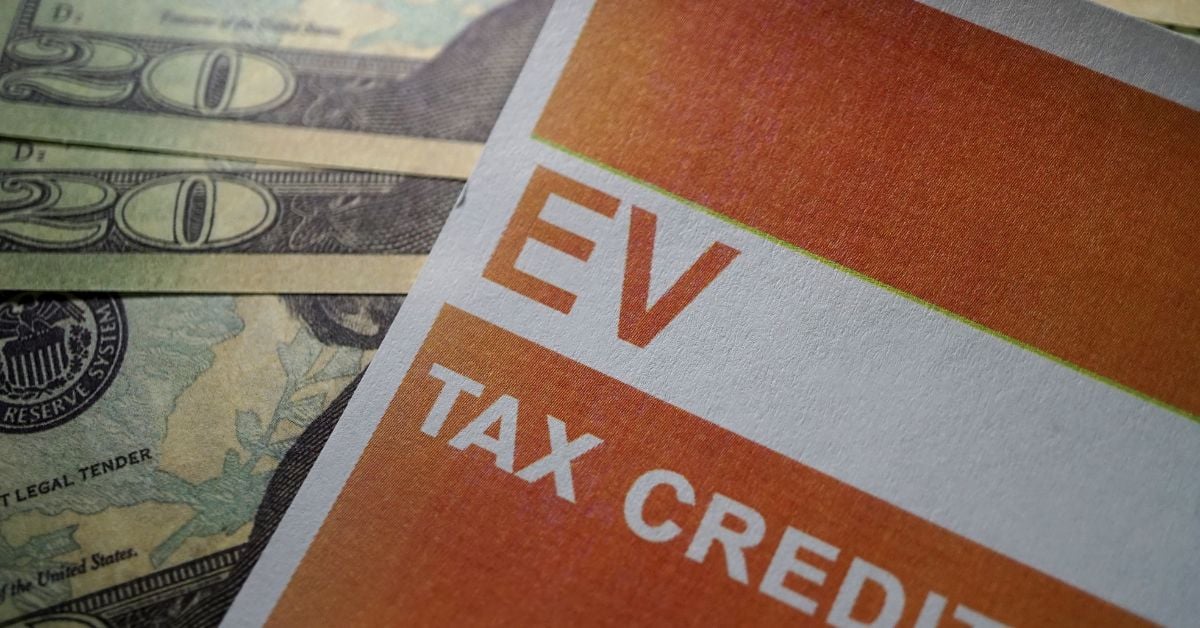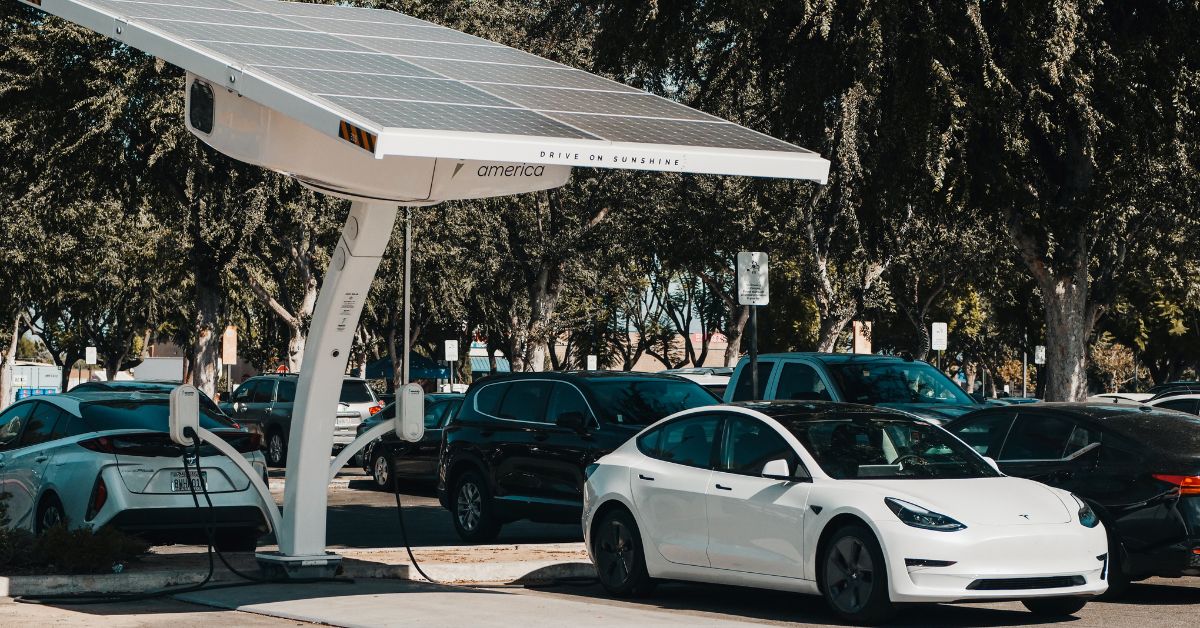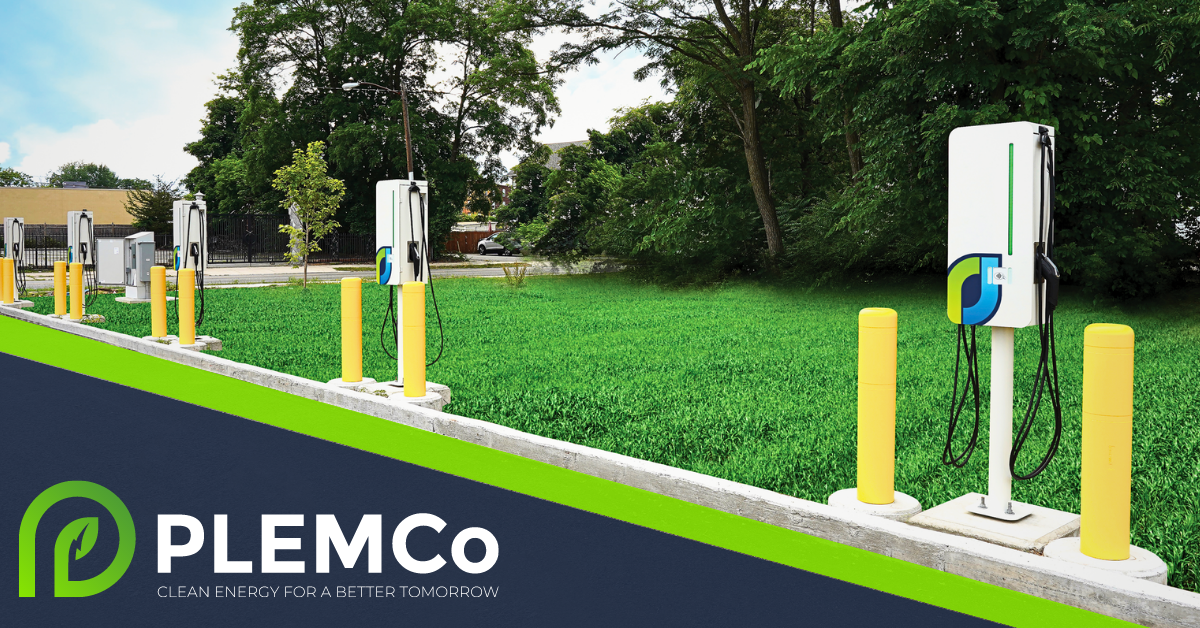Electric Vehicle Chargers for Business Owners
ev charging stations help the environment and attract ev drivers

Electric vehicles (EVs) are becoming more popular as people become increasingly environmentally conscious and aware of the benefits of electric cars. EV owners save money on fuel costs but also contribute to reducing greenhouse gas emissions, which is good for the environment.
Having an electric vehicle charging station can ensure that it is charged and ready to go when needed. That's where an EV charging station comes in. This guide will take a look at everything you need to know about EV charger tax credits and installations.
An EV charger is a device that is used to recharge electric vehicles. There are different types of electric vehicle chargers, including Level 1 and Level 2 chargers, and DC fast chargers. Level 1 chargers are typically used in homes and can take up to 20 hours to fully charge an EV.
Level 2 chargers, on the other hand, are faster and can charge an EV in a few hours. DC fast chargers are the fastest battery components available and can charge an EV in as little as 30 minutes.
Installing an EV charger is essential if you own an electric vehicle. It allows for home charging, which is convenient and ensures that you always have a full battery when you need it. Installing an EV charger also supports the adoption of EVs throughout society as a whole. This can help shift the globe towards more sustainable practices.
The cost of installing an EV charger can vary greatly, depending on several factors. Make sure that you include the type of charger, the location of the charger, and the existing electrical infrastructure.
A Level 1 charger can cost between $300 and $600, while a Level 2 charger can cost between $500 and $2,000. DC fast chargers, which are usually installed in commercial properties and public locations, can cost between $10,000 and $40,000.
However, there are ways to save on the installation costs. One of the most effective ways is to take advantage of the available EV charger tax credits.
The federal government offers tax incentives for individuals and businesses that install EV charging stations. The Inflation Reduction Act offers EV tax credits to encourage the adoption of EVs and the installation of EV charging stations.
The tax credit is called the Alternative Fuel Infrastructure Tax Credit, and provides credits of up to 30% of installation costs. The credit is available until December 31, 2024.
To claim the federal tax credit, you will have to Fill out IRS Form 8911. Be sure to list it with the taxes that correspond to the year that the charging station was installed. Keep track of all the documentation related to the charger in case you need to provide proof of purchase and installation.
Apart from the federal tax credit, there are other incentives available for EV charger installations.
One such incentive is utility rebates. Many utility companies offer rebates or other financial incentives to customers who install EV chargers. The incentives could vary, so be sure to check with your local utility to see what programs they offer.
Another incentive is grants and funding opportunities. Depending on your site, help offset the costs of your EV charger installation.
These grants are often available through federal or state government agencies, nonprofit organizations, or other entities. Some grant programs include the Clean Cities Coalition and the Alternative Fuel Infrastructure Grant Program.
Finally, there are also potential revenue opportunities associated with EV charger installations. You could choose to charge customers a small fee to park-and-charge. This can provide a new revenue stream for your business, while also promoting sustainable transportation options for your customers and employees.
There are a variety of incentives available to help offset the costs of EV charger installations. These include federal and state tax credits, utility rebates, grants and funding opportunities, and potential revenue opportunities.
Discover how you can take advantage of these funding opportunities and contribute to a more sustainable future.
Visit PLEMCo's website to explore a variety of incentives that can help offset your costs, including federal and state tax credits, utility rebates, grants and funding opportunities, and potential revenue streams.

ev charging stations help the environment and attract ev drivers

claiming federal EV tax credits

COMMERCIAL EV CHARGING OPPORTUNITIES